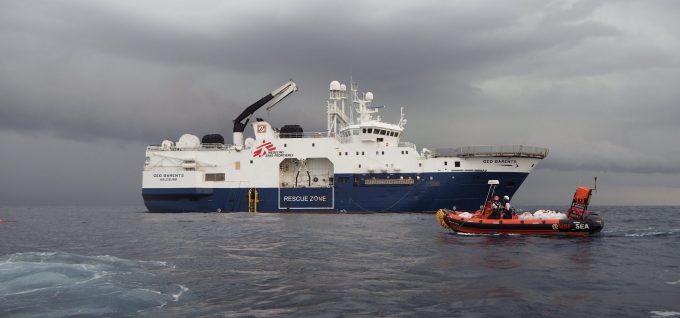Tighter EU import requirements proving 'a challenge' for forwarders
“Stricter Customs regulations” from the EU’s ICS2 will see “stricter enforcement”, Hapag-Lloyd has warned, and ...

New legislation, an anti-migrant Italian government and fewer NGO ships could lead to a rise in the number of cargo vessels having to help save migrants at sea.
New Italian legislation passed in early January requires captains to request a ’port of safety’ (PoS) immediately after a rescue ? preventing the multiple rescues NGO vessels often undertake on each journey ? with threats of hefty fines or vessels being impounded for non-compliance.
Within weeks of Italian prime minister Georgia Meloni taking power ...
'Disastrous' DSV-Schenker merger would 'disrupt European haulage market'
New senior management for DSV as it readies for DB Schenker takeover
Volumes set to 'fall off a cliff' as US firms hit the brakes on sourcing and bookings
Asian exporters scramble for ships and boxes to beat 90-day tariff pause
Amazon pushes into LTL for small package fulfilment and UPS does a u-turn
Temporary tariff relief brings on early transpacific peak season
Pre-tariff rush of goods from US to China sees air rates soar, but not for long
'Tariff madness' will prompt renegotiation of ocean shipping contracts

Comment on this article